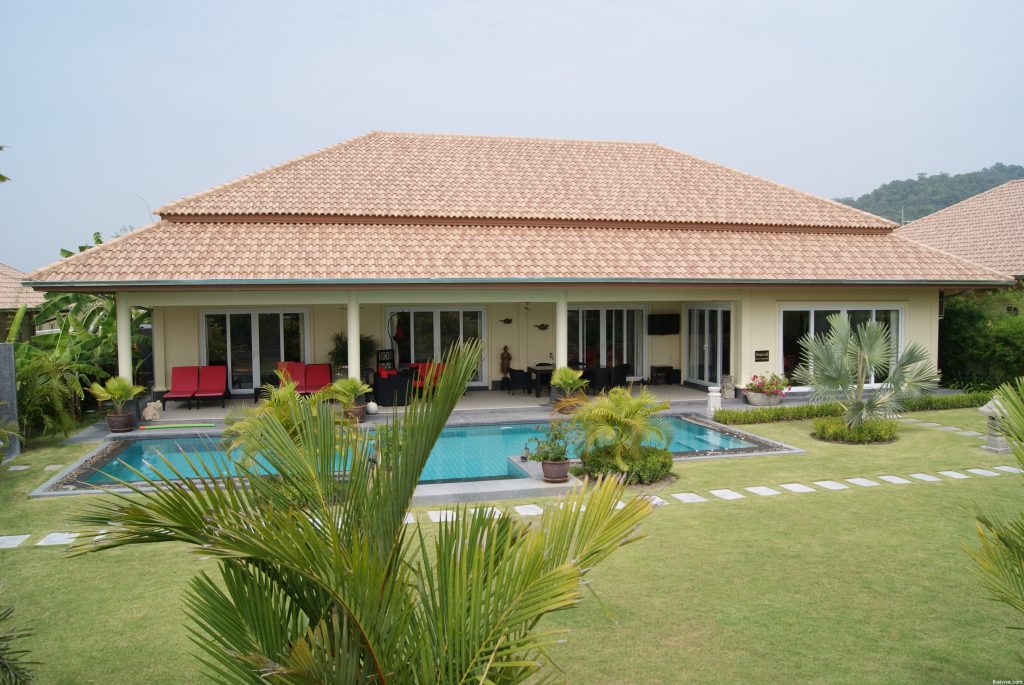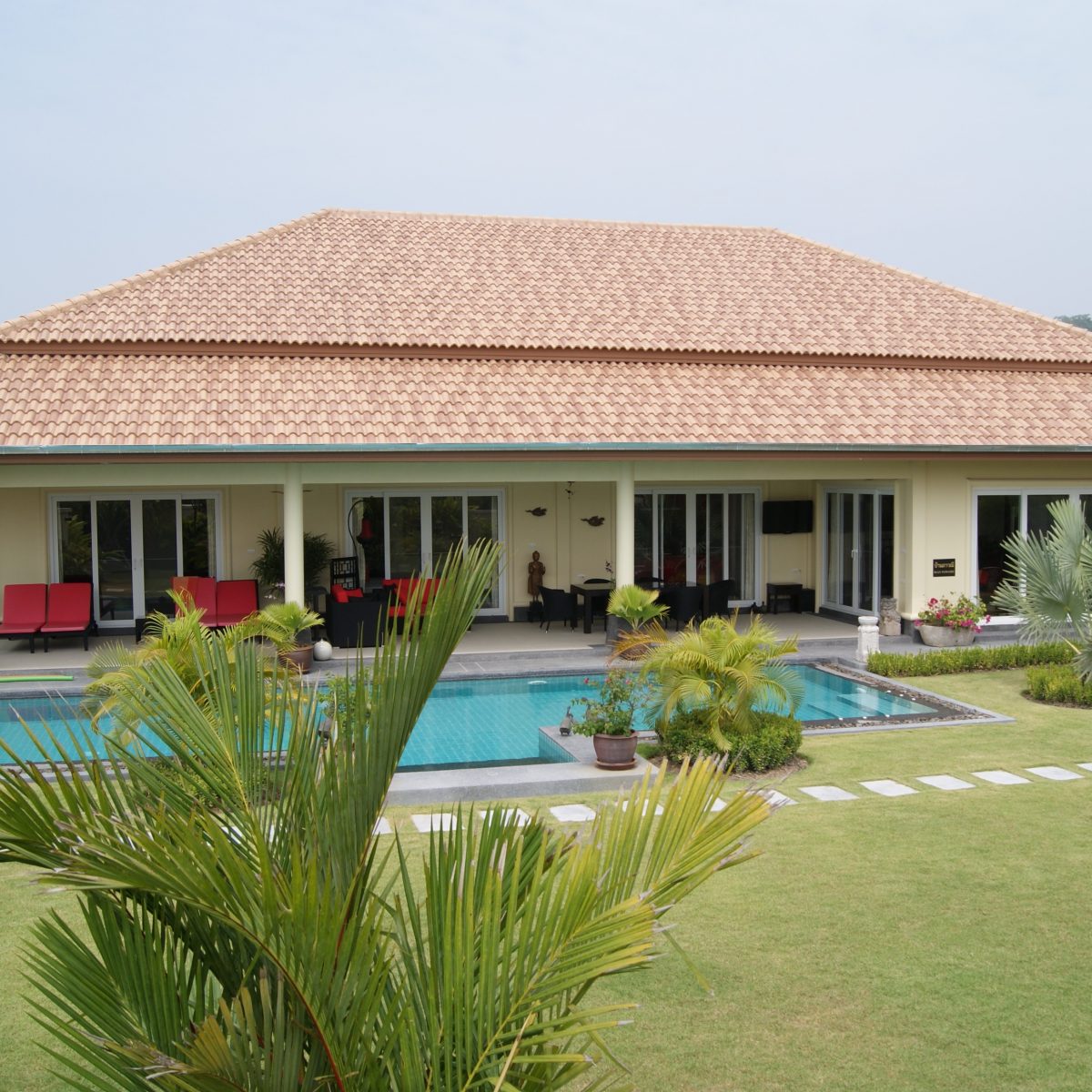The leasing of property in Thailand is the most common transaction which affects numerous lives in Thailand. However, there are a number of issues which you should be aware of before leasing a property in Thailand.
Thailand is becoming one of the favourite destination of property buyer. Many of the countries have prohibited the purchase of land by any offshore buyer. However, Thailand is mixed in this regard. Just because of these facts property business in Thailand is thriving and honestly, it is at its peak.

Thailand property experts believe that everyone should be aware of these facts and while leasing a property must act if any of the things seems unwell.
Let’s discuss some of these points. I call it as fact-sheet.
Important Fact-Sheet to know about leasing property in Thailand.
Time Consideration
In general, there is no registration required when it comes to a buyer leasing the property for 3 or fewer years. When it comes to an offshore buyer, the same principle applies, however, when the lease agreement exceeds 3 years then it become mandatory for the buyer to register. This is mandatory in order to protect the tenant’s interest.
In addition to that, there is no renewal policy. Let me quote it, “Renewal of lease in Thailand is not in Perpetuity”. What I mean is there is no automatic renewal system. However, it is difficult yet possible. Thereafter that the renewal period should also not exceed 30 years.
Registration & Other Fee Structure
The lease contract is drafted in the Thai language however many Thailand Property expert firms provide it in the English version as well. They recommend to include your family members always.
Currently, the lease registration is 1 percent of the total rental fee over the entire term of the lease agreement. In addition, the parties should be aware that this transaction will also be subject to stamp duty set at 0.1% of the total rental fee over the entire term of the lease agreement.
Hence, for example, if the monthly rent is 25,000 and the term of the lease is 4 years then the applicable lease registration fee shall be 12,000 THB while the applicable stamp duty will be 1,200 THB. In regards to the issue of who must pay these fees, often it is shared between the parties however, they are able to apportion the cost according to their own agreement.
Documentation
The documentary requirements for registering a lease include the lease agreement in Thai language script, the identification of the parties i.e. Thai ID card or passport. It is also important to note that the lease agreement must include a reasonable rental fee otherwise the officials will not register the lease or they will assess it based upon government appraisal for the property.
Minimum and Maximum permitted terms
Thailand has one of the shortest lease terms available to buyers across ASEAN, according to the Nation, at just 30 years. Singapore and Malaysia are the most generous with 99-year terms for state land; then Vietnam with 50-70 years; and even foreign buyers in the Philippines, Cambodia, and Myanmar enjoy 50-year lease terms. We know that the longer the lease term, the more attractive the market is to investors and developers as the duration of the term dictates their level of expected return.
Benefits of registration on +3 years
For leases exceeding 3 years and up to 30 years in length, the benefits of registering them with the Land Office are many folds. Firstly, if a legal conflict arises regarding a registered lease then generally speaking the courts will enforce the lease, whereas if the lease is not registered and a conflict arises after 3 years of the agreement have passed then the courts will not enforce the lease.
Secondly, if a landlord is a person and they die before the end of the term then the tenant is still able to continue leasing the property for the term of the agreement unless the conditions of the lease provide otherwise. Finally, and crucially if the landlord sells the property to a third party after 3 years of the agreement have passed, then the lease can be enforced by the tenant against the new owner unless the lease agreement provides otherwise.
However, if the lease is not registered then the new owner could legally force the tenant of the property.So, I made my point, You know all the must know things and now it is up to you how you approach to lease a property. You can either do it with the help of any Thailand Property Experts or by yourself.

